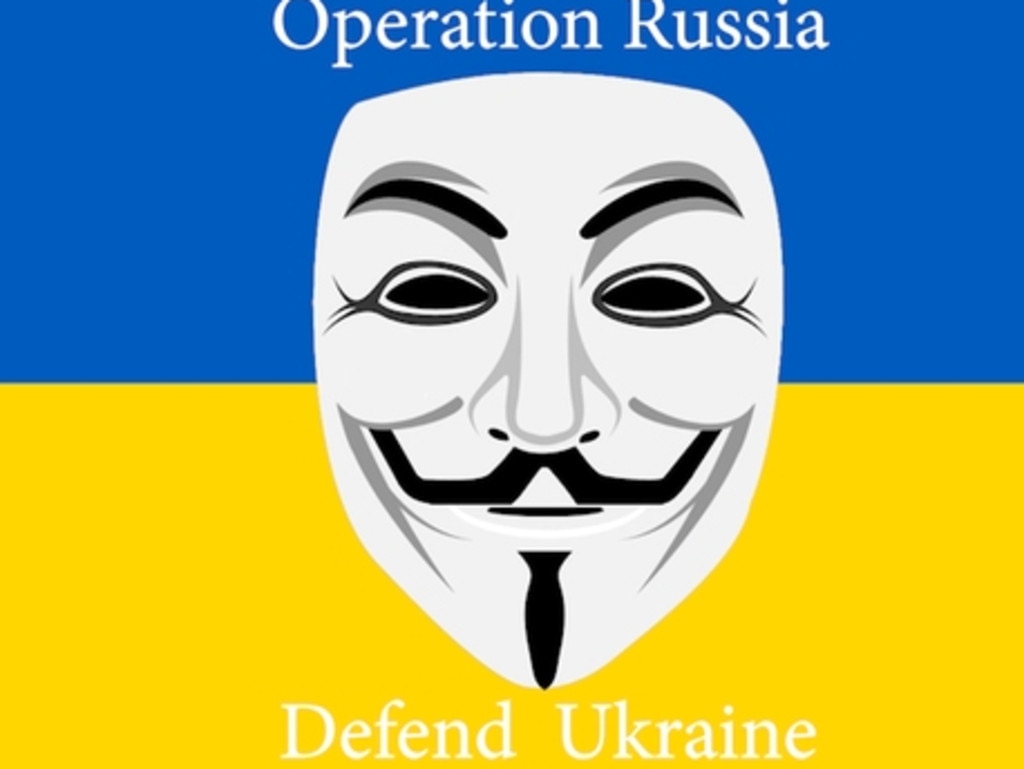Expect further market volatility including stronger Australian dollar and possible European recession


After looking at these market swings, I am going to take readers into the homes of people in both Moscow and Kyiv so readers can understand how this horrible drama could escalate much further.
And then we go to Berlin where there is a heightening sense of fear.
The gold bulls have been waiting patiently for a crisis that would send the yellow metal surging. They have their wish. But the money leaving paper currencies is also flowing into the crypto currencies as rich Russians hope the block chain trading base for crypto currencies may provide protection not available in banks. And for the first time Swiss banks have frozen Russian assets.
In coming weeks, many banks and financial institutions are going to report large losses as a result of transactions with Russians who no longer can pay.
Last week, I foreshadowed a looming cyber war. Telstra chief executive Andy Penn has now issued a warning to Australian companies.
Ukraine actually has a large number of hackers and they managed to close that Moscow Stock Exchange, but Russia has the best hacker armies and they will be let loose on the world. Meanwhile, oil, wheat and gas are surging in price which means we will benefit and those benefits could be large if the war is extended as result of the breakdown of the peace talks.
I don’t have contacts in either Ukraine or Russia but Russian-born Den Burkyin and his family migrated to Australia in 2006 and he later set up Fastlane Solutions, a technology consultancy based in Sydney. He retains contact with friends in Ukraine and Russia. Here are some of the experiences that have been related to him.
In this war, media channels whether they be in Ukraine or Russia concentrate on publishing versions of what is happening that are highly favourable to their side. It’s a repeat of what happened in both the First and Second World wars. Information on what is really happening comes from people on the ground.
Ukraine troops have bravely slowed the Russian advance and killed many Russians.
But gradually the horror of what may be ahead is becoming apparent.
Already in some of the smaller cities Russian troops have surrounded the populations and began a blockade that prevents food water, power and another essentials from coming into the city – exactly what the Germans did in the 1940s to Russia’s Leningrad, now called St Petersburg.
Russia controls the air so dropping food and/or arms into these blockaded cities is very perilous. Blockaded citizens must find away to break the blockade within one to two weeks or large numbers will begin dying. It is likely some will be forced to surrender. Of course the citizens of St Petersburg lasted two years and suffered a huge death toll.
In other smaller Ukraine cities, the Russian troops have adopted a different strategy and taken control of the streets. Many petrified families find fully armed Russian troops entering their homes. There are no rule books for the Russians.
Ukraine’s largest city Kyiv is now either surrounded or very close to being surrounded by Russian troops who will be debating whether to enter the city or to force the city into starvation via a blockade. Russia hopes that the combination of these horrific tactics will bring Ukraine to its knees in a week or two. If Russia chooses a Leningrad/Petersburg style blockade on Kyiv then the community pressure on NATO to break the blockades via high risk air drops will be intense. That may be why Putin has issued his nuclear warning.
In Moscow, well connected people can use the China/Russia trading system which avoids western sanctions.
Ordinary people go to the bank each day and withdraw the maximum amount of about 100 Australian dollars. Muscovites accept suffering but their savings have been frozen and with the Russian currency slumping costs will rise sharply. Their new hardships are blamed on the US. Soon they will hear of the rising death toll among troops in Ukraine.
Berlin is fearful because Germany has strong trade ties to Russia which will be hit by international sanctions. Russia may retaliate against these sanctions by cutting off the supply of oil and gas.
Germany is dependent on Russia for almost 65 per cent of its natural gas despite a deliberate shift towards renewable energy.
Even a temporary disruption to energy supplies would hit industrial operations, new business investment, job creation and consumer spending. A German recession extending to a European recession is possible.
All these forces will head share markets into volatile tines if the war extends into weeks, let alone months.






The western world has not experienced a Ukraine style war since 1945. Selected markets have now responded dramatically and there are more swings to come including a likely further strengthening of the Australian dollar.